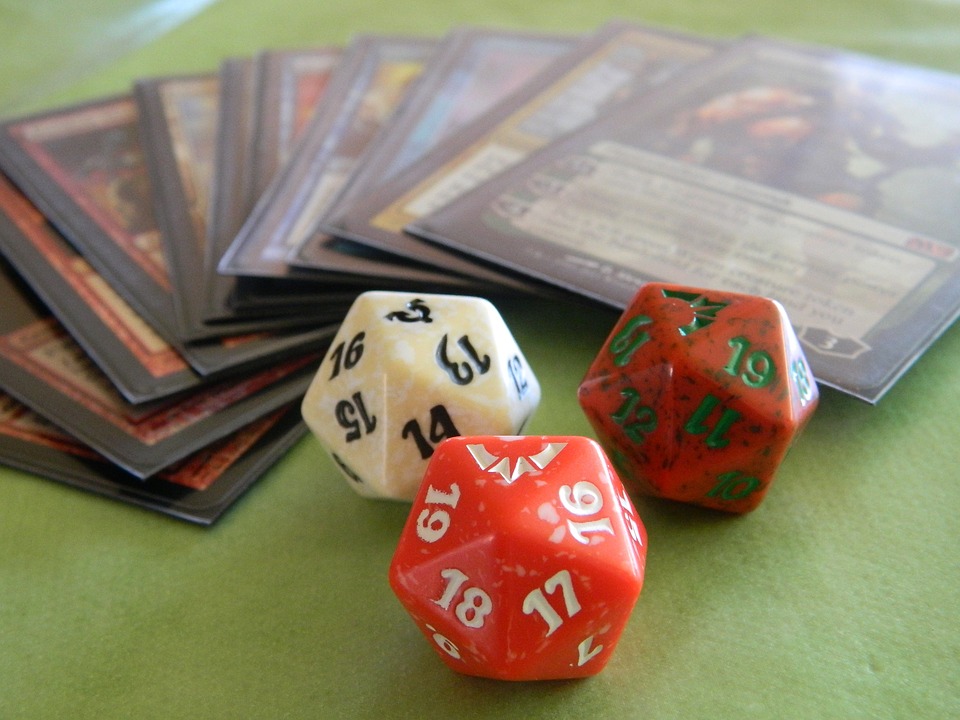Subject(s)

The central subject(s) of our network include the three of us as the players of our sets of starter deck and constructed deck games, with two of us sitting in as the active players in any particular game. The third, though, also holds a special subject role, since potential disputes or disagreements over rule interpretations may be helpfully mediated by an impartial third party.
It is also important to clarify that, while we may inhabit similar roles in the course of engaging the activity of playing Magic, each of us participants is (like any subject) independent and possessing unique motives and perspectives that inform and direct our comprehension and behavior in the activity. It is for this reason that we describe Magic as an activity network rather than as a system; we see it as a set of "overlapping activity systems [emphasis in original]" (Spinuzzi, 2008, p. 77) constructed in part by each of our different orientations toward Magic and how it can or should be played.
As definitions of the Magic activity network expand its scope outward from our specific context, the players of any individual game iteration of Magic can be recognized as the subjects in the activity, since they work together to navigate the protocols of the game to complete one or more successful game outcomes.
Finally, the Magic design team at Wizards of the Coast can be understood as a unique set of subjects as well, since their efforts to play games with the express purpose of anticipating future gameplay experiences and deliberations serves as an important kind of protocol enactment (albeit one that can frequently seem very different from a typical game between non-designers).